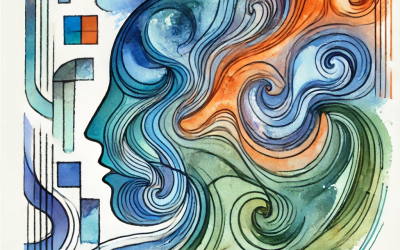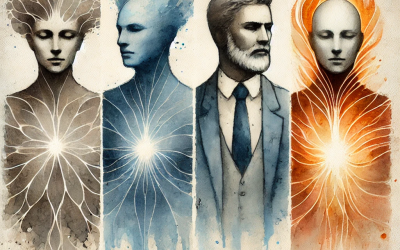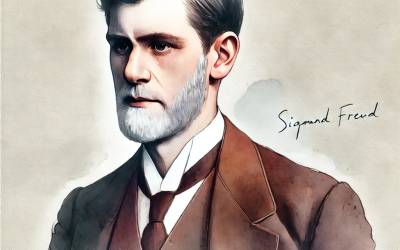Mearns’ work on relational depth has been influential in shaping how practitioners understand and develop meaningful connections with their clients. At its core, relational depth refers to moments of profound contact and mutual understanding. By integrating these...
Psychotherapy
How Mearns’ Concept of Relational Depth Informs a Relational Model of Counselling
Exploring Petruska Clarkson’s Five Relationship Modalities
Petruska Clarkson proposed five distinct ways in which therapist and client connect. Each modality reflects a different facet of the therapeutic alliance, helping us understand the complexity and richness of effective therapy sessions. This article will explore each...
The Danger of Relying on the Child Ego State in Transactional Analysis
John Lanchester’s quote in Whoops! about the perils of relying on misleading information provides a compelling analogy for the dangers of being overly dependent on the Child Ego State in Transactional Analysis (TA). ‘You’re worse off relying on misleading information...
Melanie Klein, Excessive Projection, and the Violent Splitting of the Self
Melanie Klein (1882–1960), a pioneering psychoanalyst, made significant contributions to the understanding of early psychic development, particularly through her work on object relations theory. Among her influential concepts is that of excessive projection and...
Understanding Anxiety Through Zinker’s Lens: A Gestalt Approach to Energy Interruption
Anxiety is a pervasive issue in modern life, often characterised by feelings of restlessness, fear, and tension. In Gestalt therapy, anxiety is not merely a symptom to be alleviated but an energetic phenomenon that reveals profound insights into an individual’s...
An Introduction to Internal Family Systems (IFS)
Internal Family Systems (IFS) is a transformative psychotherapeutic approach that views the mind as a system of “parts” working together—much like a family. These parts represent different emotions, behaviours, and roles that form as a result of life experiences. By...
The Interplay of Compassionate Curiosity and Erotic Transference in Psychotherapy
In psychotherapy, the therapeutic relationship is a space of profound emotional exploration. One of the more complex dynamics in this relationship is erotic transference—the projection of romantic or sexual feelings onto the therapist. Addressing this phenomenon with...
Freud’s Psychoanalytic Theory: Elements That Endure
I was recently pondering which parts of Sigmund Freud’s psychoanalytic theory are still relevant. While many of his ideas have faced criticism and revision over the decades, certain aspects of his work have stood the test of time, influencing modern psychology,...
The Long-Term Effects of Ignoring a Child’s Wants, Needs, Feelings, and Desires
Childhood is a critical period where emotional needs, feelings, and desires are nurtured to build a healthy sense of self. When a child’s emotional world is neglected—whether through outright dismissal or inadvertent ignorance—the repercussions can ripple far into...
To view the full article, just click on the article title (in dark blue.)








